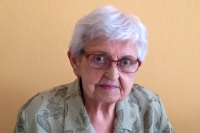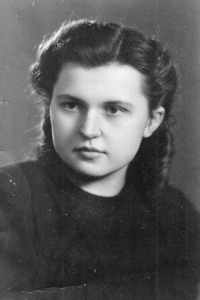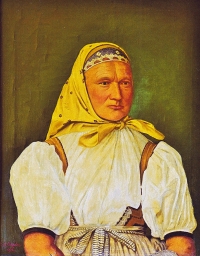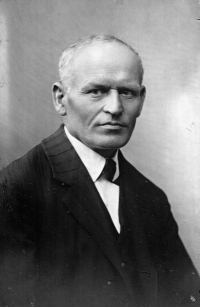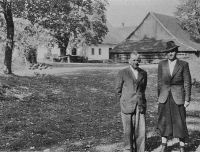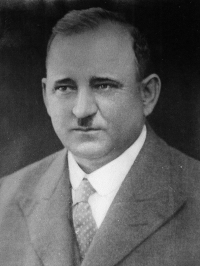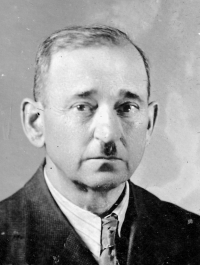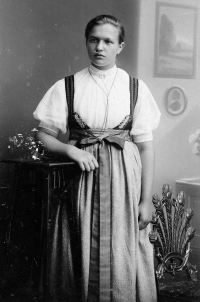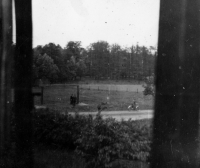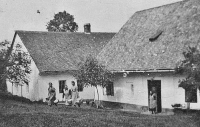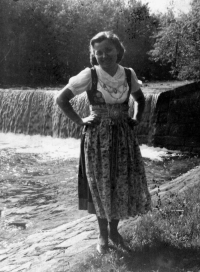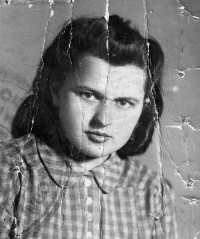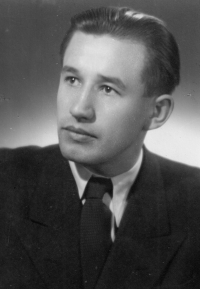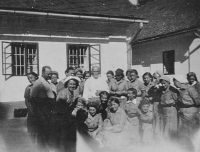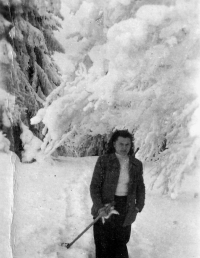My father told me about the horrors in the concentration camp. He wanted us to know the truth
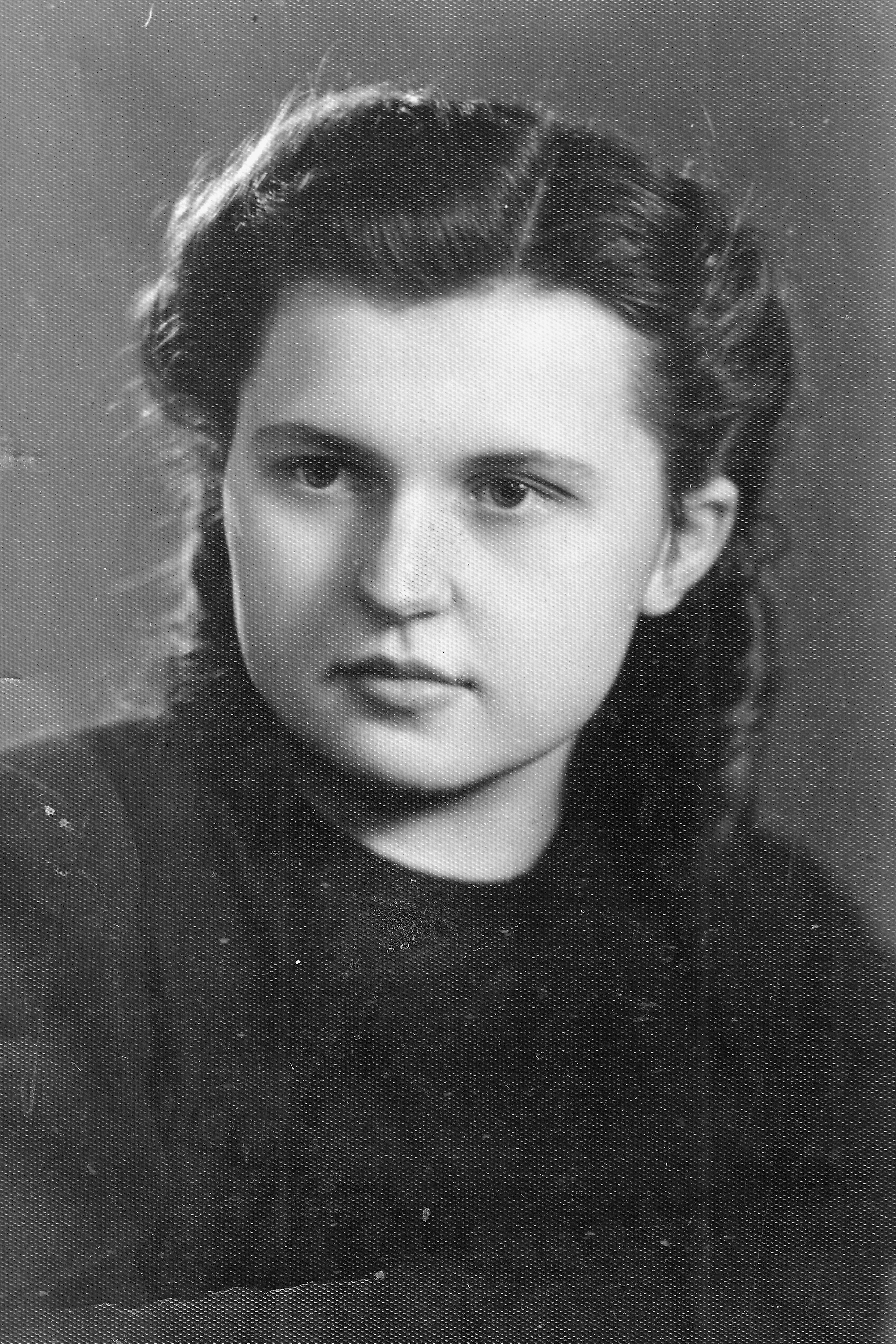
Stáhnout obrázek
Helena Vavrošová was born as Kantorová on 21 August 1925 in Oldřichovice near Třinec. The family claimed Polish nationality. She grew up on a large farm with a mill. Her father, Jan Kantor, was the head teacher at the Polish school in Oldřichovice. In 1940 he was arrested by the Gestapo together with other Polish teachers. For nearly a year he suffered in the concentration camps of Dachau and Mauthausen-Gusen. Helena Vavrošová was not allowed to study and worked at home on a farm which the Nazis confiscated. In 1944, she witnessed the execution of five prisoners. Her father died from the effects of imprisonment in 1946. The witness graduated from a business academy in Těšín, Poland. Her brother inherited most of the family farm and was forced to join a cooperative in the 1950s. For several years, the witness ran a small private farm and made the obligatory deliveries. She worked at the tractor station, at the National Committee in Třinec and at the municipal housing company. In 2023, she lived in a nursing home in Třinec-Oldřichovice.
